Is Propane Renewable? Not normally but there is now Renewable Propane and in this article, we investigate its future as a fuel option.
Ever wondered if propane, the fuel you use for your barbecue grill or RV, could actually be renewable? Propane is a potent energy source and, interestingly, can indeed come from renewable origins.
This blog dives into the realm of ‘renewable propane‘, offering key insights on its potential as an alternative to traditional fuels. Let's discover what makes this energy source potentially eco-friendly and why it might be more than just hot air!
[boomdevs_toc]
Key Takeaways
- Propane is a type of gas that can come from renewable sources, such as vegetable oil and biomass.
- Renewable propane produces fewer emissions compared to traditional propane derived from fossil fuels.
- Both types of propane provide the same amount of energy, but renewable propane helps lower our carbon footprint and mitigate climate change.
- Renewable propane has the potential to become a viable alternative fuel source, with current production pathways and future possibilities being explored.
Text in panel
Understanding Propane: Basics and Uses

Propane is a type of gas. People call it LPG or liquid petroleum gas too. You can find propane deep in the ground, with oil and natural gases. It gets to us through big tubes called gas pipelines.
Many people use propane for different things. They put it in grills to cook food outside. Farmers use it to dry crops and keep animals warm. Some cars, buses, and taxis run on a type of propane called autogas instead of gasoline or diesel.
The propane that comes from the ground is also known as traditional propane. It is a fossil fuel and is non-renewable.
But now there's another kind we make from plants and animal fats – renewable propane! It does the same job. It also gives off carbon dioxide gas into the air when you burn it. However, that carbon dioxide is part of the natural cycle and does not cause anywhere near as much carbon dioxide as the traditional non-renewable propane.
Is Propane Renewable?
Propane is considered renewable when produced from sustainable feedstocks, such as vegetable oil and biomass, offering a more environmentally friendly alternative to traditional propane.
Exploring the concept of renewable propane
Renewable propane is a new kind of fuel. It comes from things that we can grow or make again easily like camelina plant oil, animal fats, and vegetable oil. People also call these “renewable feedstocks”.
This makes it different from regular propane which comes from things like shale gas extraction and petroleum refining which are not easy to renew.
This renewable propane works the same way as normal propane. It can be used alone or with other kinds of energy that don't harm our air much.
The best part is, that using renewable propane cuts down on bad stuff going into our air compared to when we use other non-renewable kinds of energy sources.
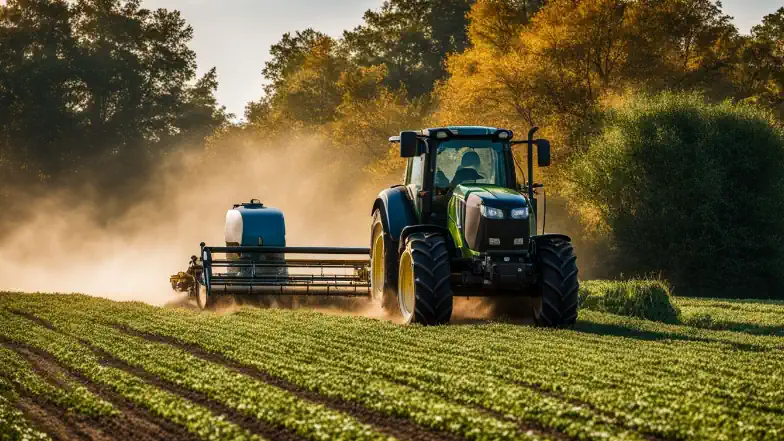
Comparing traditional and renewable propane
Traditional and renewable propane are similar in many ways, but there are key differences. While both varieties deliver the same amount of energy, renewable propane is derived from renewable resources and produces significantly fewer emissions.
| Traditional Propane | Renewable Propane | |
|---|---|---|
| Source | Derived from fossil fuels such as natural gas and petroleum. | Produced from renewable resources like camelina plant oil, vegetable oil, animal fats, used cooking oil, soybean oil, and animal tallow. |
| Emissions | Produces greenhouse gas emissions when burned. | Produces fewer emissions compared to conventional propane, with a low carbon intensity score ranging from 20.5 to 43.5 grams CO2 equivalent per megajoule. |
| Energy Output | Delivers high energy output, similar to other fossil fuels. | Offers the same energy output as traditional propane, making it an efficient source of energy. |
| Compatibility | Can be used in any system or appliance designed for propane. | Can be used alone or blended with other renewable or low-carbon energy sources, including traditional propane, without requiring expensive modifications or upgrades. |
| Environmental Impact | Contributes to global warming and climate change due to the production of carbon dioxide during combustion. | Helps to lower carbon footprint and mitigate climate change due to its lower emissions and renewable nature. |
The Potential of Renewable Propane as an Alternative Fuel Source
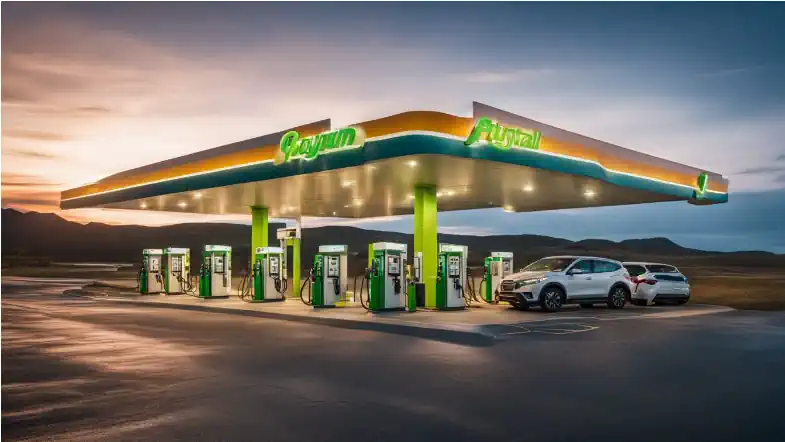
Renewable propane has the potential to become a viable alternative fuel source, with current production pathways and future possibilities being explored and developed.
Current production pathways
We make renewable propane in many ways.
- We use feedstocks to start making it. These include used cooking oil, soybean oil, and fats from animals.
- These feedstocks are then made into energy. This process is clean and safe.
- After, we blend the new propane with the old traditional propane. This makes a mix that is good for the earth.
- The mix has less carbon than regular gas and diesel.
- It also puts out less dirt and gases into the air.
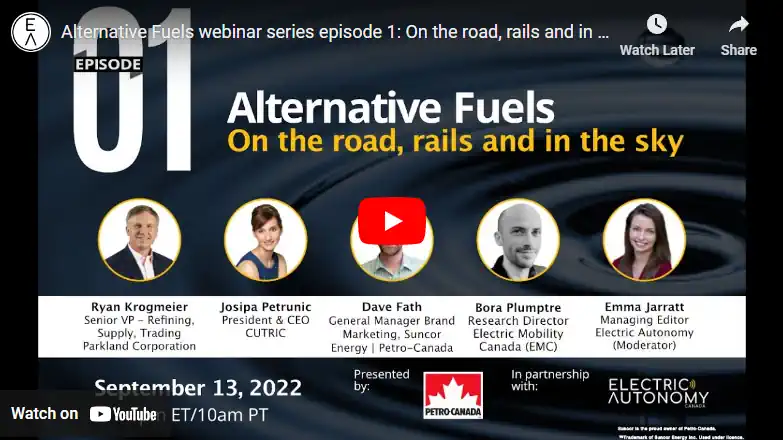
Future possibilities and challenges
Renewable propane holds promising future possibilities as an alternative fuel source. With the demand for renewable liquid fuels increasing, renewable propane production is expected to rise, reducing carbon emissions and helping to meet sustainability goals.
However, there are still challenges to overcome. Infrastructure for refueling stations and distribution needs further development to support the widespread adoption of renewable propane.
Additionally, the availability of feedstocks and scaling up production remains a challenge that requires innovation and investment. Despite these obstacles, renewable propane shows great potential in contributing to a cleaner energy future.
Debating the Efficiency of Renewable Propane
Is ‘Renewable' Propane Really Clean Energy or Just Hype?
Renewable propane is indeed a clean energy option, not just hype. It offers the same benefits as traditional propane but with reduced emissions compared to other energy sources like diesel or gasoline.
Fleet owners have been using propane autogas for years because it lowers carbon intensity and improves air quality in neighborhoods relative to diesel fuel use. Renewable propane is made from renewable feedstocks like camelina plant oil, vegetable oil, and animal fats.
The demand for renewable liquid fuels has driven the production of renewable propane, making it a viable and eco-friendly alternative fuel source.
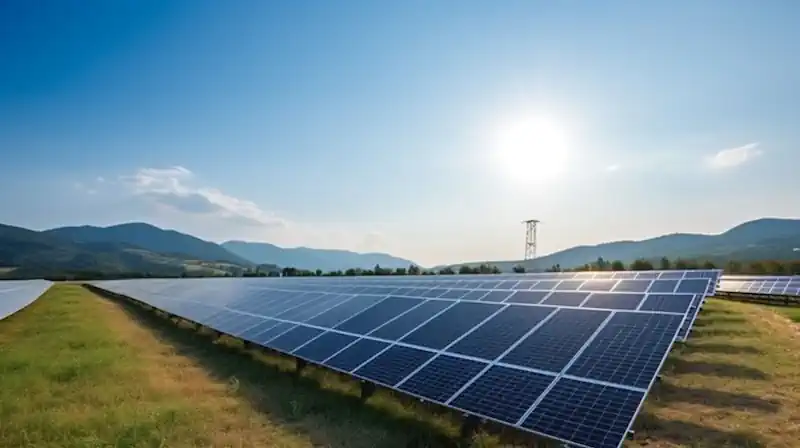
Conclusion
In conclusion, renewable propane has shown great potential as an alternative fuel source. It offers the same benefits as conventional propane but with reduced carbon dioxide emissions and a lower carbon intensity score.
With its use in various vehicles and the production of renewable liquid fuels on the rise, renewable propane can play a significant role in reducing our carbon footprint and improving air quality.
FAQs for the article “Is Propane Renewable?”
1. What is renewable propane and is it a clean fuel?
Renewable propane, also known as bioLPG or eco-propane, has ultra-low carbon emissions. It's made from things like fats, oils, grease, forest resources, and solid waste.
2. How are vehicles using renewable propane?
Propane autogas engines use renewable propane to power medium-duty vehicles like school buses and delivery trucks. Engine modifications allow these fleets to run on this energy source.
3. What are the sources of renewable propane?
Renewable Propane can be produced from many places such as biogas, hydrogen capture in oil and natural gas production or even municipal solid waste.
4. Are there ways to get fuel for my fleet that uses renewable propane?
Yes! There are options like mobile refueling with a bobtail delivery truck or public refueling stations listed by the U.S Alternative Fuels Data Center.
5. How is Renewable Propane being used in North America?
In North America companies such as rLPG North America and Biopropane LLC have projects aimed at producing more low-carbon fuels including renewable LPG through sustainable sources.
6. What does creating an autogas vehicle involve?
Creating an autogas vehicle includes adding a tank for storing the Autogas fuel plus making changes to how the engine runs so it can burn this type of fuel efficiently.
Text in panel


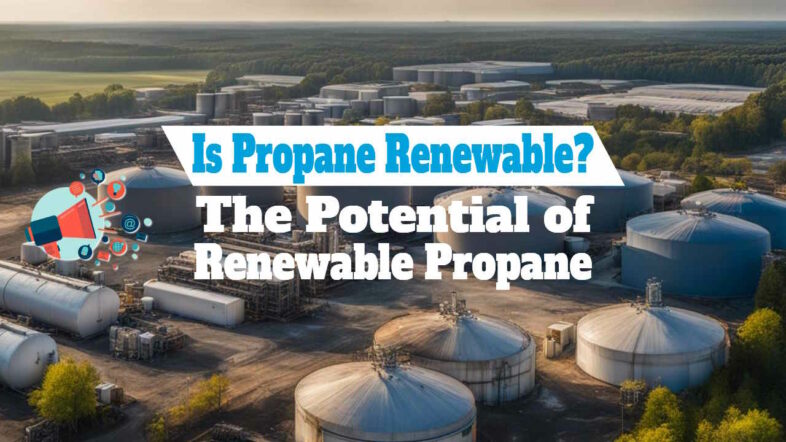
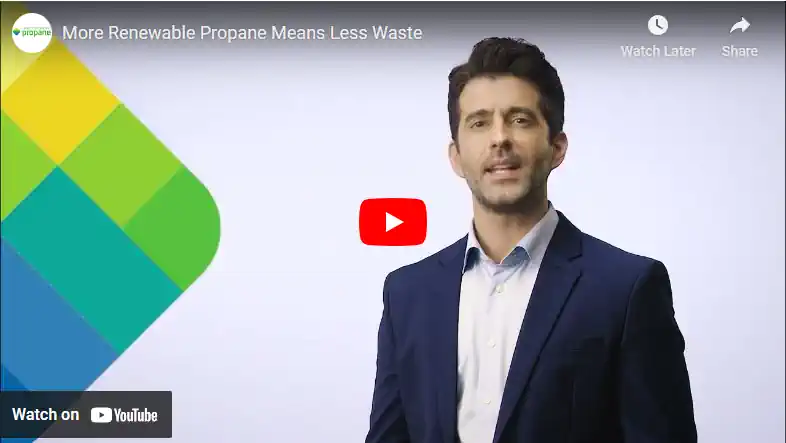
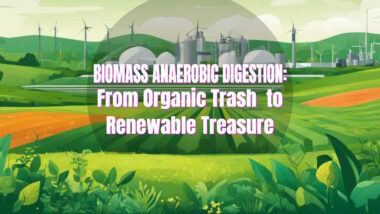


Yes. I get this. Renewable propane, made from plants and animal fats, is a more sustainable alternative to traditional fossil fuel propane. While both release CO2, renewable propane has a significantly lower carbon footprint.